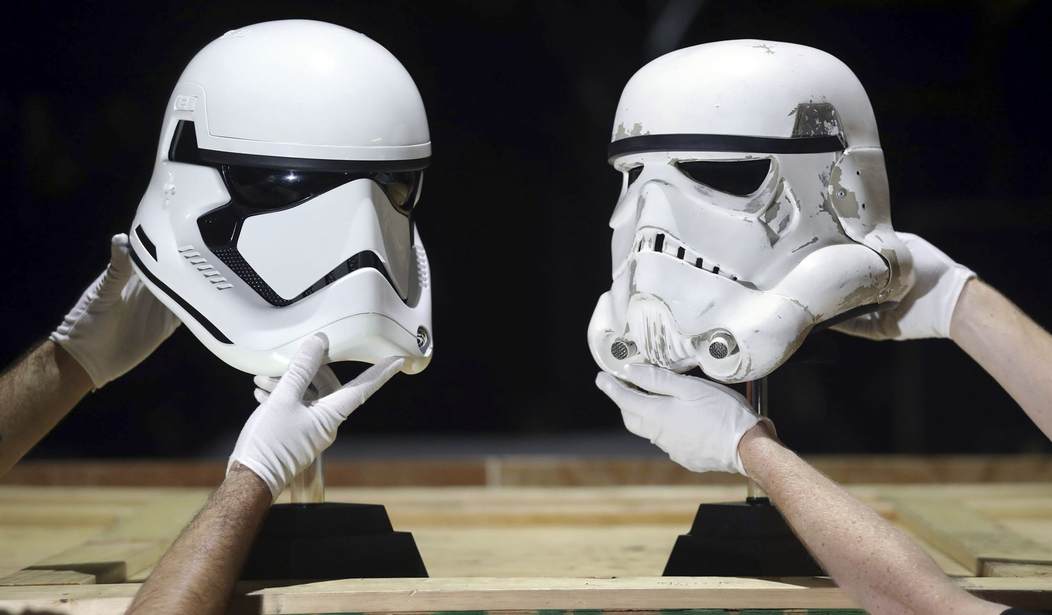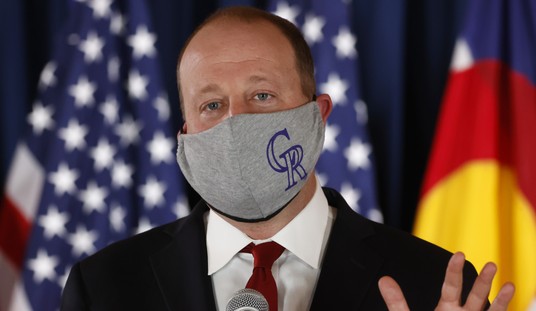Star Wars is a franchise that defined sci-fi the moment it was released. It didn’t matter what you created, it was going to be compared to it in some way, shape, or form. The original trilogy might have had its flaws (most of them in Return of the Jedi) but Episodes IV, V, and VI became such a cultural phenomenon that the world continues to be inspired by it generations later.
These three movies would inspire an entire extended universe of books, video games, and more. Star Wars was as much a part of American culture as baseball, Ford Motors, and McDonald’s. Ronald Reagan even named a space-born defense program after the franchise.
Fast forward to the ’90s. Depending on who you talk to, the prequel movies were either complete garbage or absolute genius. No matter where you fall in that spectrum, episodes I, II, and III were divisive and left a bad taste in the mouths of millions. It was enough for many to believe that Star Wars creator, George Lucas, should never touch the films again.
Then the takeover from Disney happened and Kathleen Kennedy was put at the helm. Any hope that might have sprung from it became shaky when they tossed out the entirety of the extended universe. It was completely demolished once Kennedy’s movies began coming out.
While “Rogue One” wasn’t a bad movie, the rest of the films released by Kennedy and sci-fi director J.J. Abrams were major disappointments. Episode VII was laced with socio-political messaging while rehashing Episode IV’s plot almost verbatim. Episode VIII brought in director Rian Johnson who turned that political messaging up to new heights as he did his absolute best to destroy character development that had been coming up for decades and make storyline decisions that made absolutely no sense. Episode IX was an attempt to clean up Johnson’s mess but it tried too hard by leaning on the nostalgia factor while maintaining the overall socio-political messaging.
Star Wars had gone from being the bar to a franchise where every announcement of another product or movie was met with skepticism or dismissed out of hand. However, as Star Wars was suffering its long slide downhill, one man was working in the background on a Star Wars product that was beloved by every fan who watched it.
Dave Filoni and Cartoon Network were busy with a computer-animated series called “Star Wars: The Clone Wars.” It was a series that focused on Lucas’s prequel trilogy era and followed around the adventures of Obi-Wan Kenobi, Anakin Skywalker, and a new character named Ahsoka Tano. The show was marketed toward younger audiences but anyone who sat and watched it would tell you that this is far from the case. Violence was a constant and sometimes it was brutal, mature themes and philosophies were a staple within the show, beloved characters died tragically, and sometimes the good guys didn’t win and everything doesn’t turn out okay.
Filoni’s show was such a big hit that when Disney+ launched, he was a shoo-in for a big role in developing a new Star Wars series. The reins for the Disney+ shows were given to actor/director Jon Favreau and the two men began creating something that would redeem the series single-handedly; “The Mandalorian.”
Filoni was not only the executive producer on the show but he also directed a few episodes himself. He and Favreau, clearly fans of the Star Wars universe, told the story of a Mandalorian gunslinger for hire whose life was turned upside down by the arrival of a child. Through their adventures through the wild west of space, the Mando and the child had amazing adventures, overcame incredible odds, and made some really great friends such as Cara Dune (Gina Carano) and frienemies like Migs Mayfield (Bill Burr).
The fans loved the tale of The Mandalorian and thanks to it, Star Wars is back.
But why did it work?
It was a lot of different reasons.
Most obvious is the fact that Filoni and Favreau kept modern politics out of the show. While Kennedy sported shirts that say “the future is female” and made sure that every woman in the series was a perfect specimen of human integrity and ability, F&F were focused on telling a good story. The politics that plagued and divided Star Wars fans were shown the door and fans of all walks came back. The franchise was no longer there to serve a specific set of ideologies.
The bigger reason, in my opinion, is that Filoni is a good story teller who respects the source material. He knows how to show, not tell. His characters are flawed, scared, angry, haunted, and their actions make sense given their backgrounds. Their motivations, prejudices, and more all make sense and there need not be an exposition dump to get you to understand that.
The Mandalorian, a cold, lone gun simply handing a small piece of his ship’s control console to the child that he’s come to care for, simply because the child likes to play with it, is a subtle but effective way of telling you everything you need to know about the masked man’s feelings. There’s no hard reliance on exposition. The Mandalorian allows its viewers into the mind of a man whose face you can’t see by subtle shifts or actions. When he speaks, his words are direct and carry weight.
In short, it treats its audience like adults that are smart enough to figure out what’s going on by themselves. It allows the viewer to experience the story, not have it shoved down their throat. It allows the fan to immerse themselves in the world and not have their personal enjoyment vacuumed up by storytelling that demands you think a certain way.
Filoni also brought in more of the extended universe to the show. Ahsoka Tano makes a return, as does Mandalorian Bo Katan from Star Wars Rebels. Filoni also brought a character back who needed redemption after Episode VIII.
Like my father before me… #TheMandalorian pic.twitter.com/TlkmBmQ9zv
— Nerdist (@nerdist) December 21, 2020
The reason The Mandalorian redeemed Star Wars was that for the first time in a long time, Star Wars was Star Wars again. It did everything that made the franchise what it was from the beginning. It was a space western that added emotional elements, gritty action, high stakes, and character development that actually made sense.
Gone are the long legislative scenes, exposition dumps, mismatched love interests, and political messaging. No more characters acting outside of their established characteristics. It’s meat and potatoes Star Wars and good storytelling.
I’d like to not only congratulate Favreau and Filoni on their success but also thank them for restoring a piece of American culture that so many went to when times are tough. I’d like to thank the actors for their amazing performances and the directors for sticking to the vision that was first laid down by Lucas long ago.
Star Wars is back and better than ever.














Join the conversation as a VIP Member